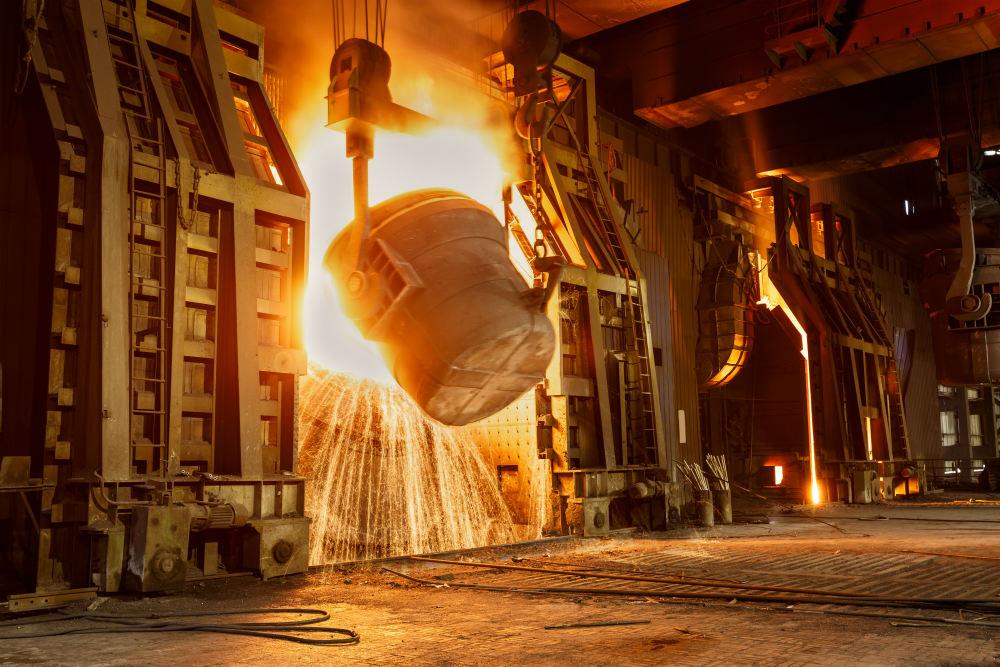Experts discuss decarbonising heavy industry

Researchers and representatives from heavy industry are meeting to find ways to reduce their carbon emissions and energy consumption.
The University of Adelaide is convening the High Temperature Minerals Processing Forum (HiTeMP-2) where leaders from industry, academia, non-government agencies, and policy makers, will discuss the emerging opportunities and pathways for heavy industry towards net-zero-carbon dioxide emissions, to position for the new, low-carbon economy.
“Leading mineral processing and refining companies across the world have already started to decarbonise as new markets emerge for low carbon products,” says the University of Adelaide’s Professor Michael Goodsite, Interim Director, Institute for Mineral and Energy Resources.
“Energy-intensive heavy industry, which are a vital part of the national and global economies, must change in order to compete successfully in the supply of low carbon products.”
HiTeMP-2 is organised by the University of Adelaide’s Centre for Energy Technology (CET), which delivers innovative technologies for sustainable, secure and affordable energy. The vast majority of attendees have been participating in the forum online.
“The Centre for Energy Technology’s goal is to help accelerate society's transition to carbon neutrality,” says Professor Gus Nathan, Founding Director, CET.
In 2016, Australia signed the Paris Agreement — a global deal that seeks to combat climate change by reducing greenhouse gas emissions. Australia promised to reduce its emissions by 26 to 28 per cent from 2005 levels by 2030.
“Energy-intensive heavy industry, which are a vital part of the national and global economies, must change in order to compete successfully in the supply of low carbon products.”Professor Michael Goodsite
“To make the transition heavy industry will need to capitalise on emerging technology in electricity generation, concentrated solar energy and green hydrogen,” says Professor Nathan.
“Reducing carbon emissions from heavy industry is more challenging than other sectors such as electricity and transport, owing to the lack of commercially-available technology.”
Heavy industry is responsible for some 20 percent of global CO₂ emissions. Importantly, some three quarters of the energy requirement is for heat, which is presently supplied almost entirely from fossil fuels owing to their low cost and wide availability. However, there are growing trends to switch to renewable energy owing to their falling cost and the growing demands of society to respond to climate change.
“The HiTeMP forum is technology neutral. It doesn’t favour one technology over another and it recognises that new opportunities are emerging for nations, such as Australia, that benefit from both renewable energy and mineral resources,” says Professor Goodsite.
What: HiTeMP-2 Forum
Where: National Wine Centre, Adelaide
When: Monday 16 March to Wednesday 18 March
Details: Further information
Professor Michael Goodsite
Interim Director, Institute for Mineral and Energy Resources
The University of Adelaide
Mobile: +61 (0)466 923 654
Email: michael.goodsite@adelaide.edu.au
Professor Graham Nathan
Director, Centre for Energy Technology
The University of Adelaide
Mobile: +61 (0)410 477 411
Email: graham.nathan@adelaide.edu.au
Crispin Savage
Senior Communications and Media Officer
The University of Adelaide
Mobile: +61 (0)481 912 465
Email: crispin.savage@adelaide.edu.au
